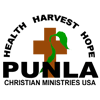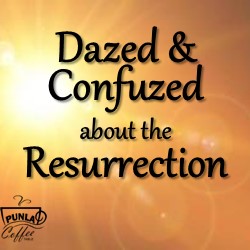Bible Reliability
What about all the translations? What is the deal with the translations? Why don’t they agree? This is my parallel Bible with KJV, AMP,NAS, and NIV.
This was a topic that Judy, Joy and I grappled with for several years
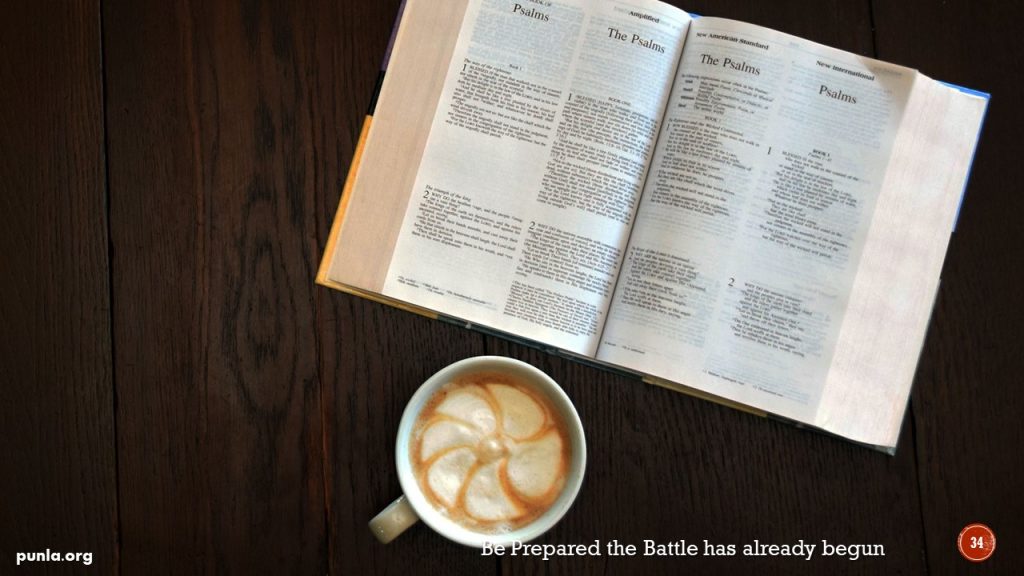
Back in 2012 or 2013, we heard a pastor joke about the fact a Bible verse was missing from the modern translation (Acts 8:37). That will be good homework for you. Look up Acts 8:26-40 in KJV and NIV and see what you find. This is the story of Philip and Ethiopian. Some Bibles have verse 37 and some don’t. Personally, I think it’s better with verse 37. Anyway, when we asked an associate pastor about this, let’s just say it opened up a mess. What we discovered was that most people including most pastors don’t know why. They have many assumptions and guesses, but we want to know the truth. There are reason and answers, so if we have a question we should search out an answer.
To make a long story short, we went on a guest that grew our faith and continues to grow our faith. Just to complete the story. This is one of those Bible variants we have talked about before (see part 2 & 3 of Session 7). Some of the Dead Sea Scrolls and other older manuscripts do not have verse 37, so most modern translations leave it out. They usually have a footnote that explains this. It is a shame though. This is what it says in the New International Version (NIV).
Acts 8:36-37 (NIV) 36 As they traveled along the road, they came to some water and the eunuch said, “Look, here is water. What can stand in the way of my being baptized?”
and then he got wet (Kip paraphrased). or with verse 37 from the New King James (NKJ) starting in verse 36
Acts 8:36-37 (NKJ) 36 Now as they went down the road, they came to some water. And the eunuch said, “See, here is water. What hinders me from being baptized?” 37Then Philip said, “If you believe with all your heart, you may.” And he answered and said, “I believe that Jesus Christ is the Son of God.” and then he got wet (Kip paraphrased).
I just think it’s better with verse 37 but no core tenants of Christianity are affected either way, it does not give rise to any contradictions.
Back on track, we went on a guest and learned a lot.
There are more than 450 English Translations of the Bible. According to Wycliffe Bible Translators, the Bible has been translated into more than 5000 languages. For instances in the Philippines, there are about 7 translations into the national language Tagalog. There is even a translation in one of the local dialects from the region of Bicol where we work. The Bible is by far the most translated document in history. God’s word in the hands of the masses in their native tongues. What a gift from God.
The best estimate is there are more than 7,000 languages in the world, now this number is contested because of how you might define a language.
However, a vast majority of the world speak only 23 languages English, Mandarin, Hindi, Spanish, French, and so on. All of which the Bible has been translated. Amazing. But how is it the Word of God, if the words are changed over and over again. Remember word for word translations are not possible or if you did it would not be understandable
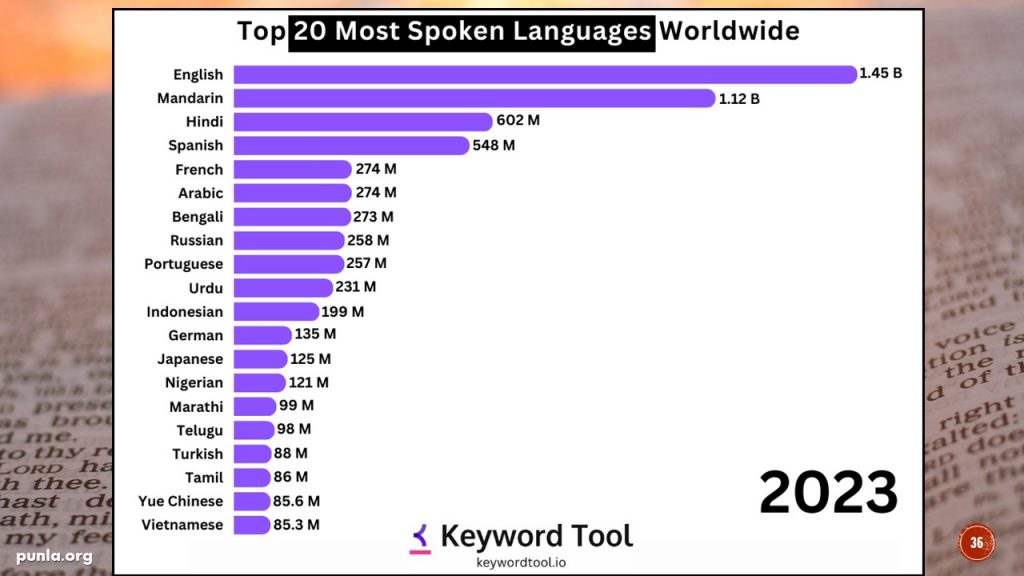
A perfect example is Love in English. There are at least 8 Greek words which would be translated love in English.
ἔρως (érōs)
ϕιλία (philía)
ἀγάπη (agápē)
στοργή (storgé)
μανία (manía)
πράγμα (prágma)
ϕιλαυτία (philautía)
ludus (from latin)
Okay, I’m sure you are saying no big deal, its love isn’t it. Okay, now translate back from English into Greek, how do I know which form to use in Greek? And we have issues like words that mean different things in different languages.
Not to mention 8 Hebrew words that are translated love in English.
Ahava – אהבה
Hesed – חֶסֶד
Chasadim – חסדים
Re’ut – רעות
Ohev – אוהב
Eemunah – אֱמוּנָה
G’milut Hasadim
Rachamim

In the Philippines, Near the Capital Manila if say “langgam” and they look down at the ground for an ant. But if you take a boat to the Vesysa region and you say “langgam” and they look up for a bird. One place ant and the other place a bird in the same country.
There is a joke in the Philippines, when you the cross bridge the bird becomes a egg. On one side you say “ibon” which means egg, but on the other side you say “ibon” and it means bird. Which came first the chicken or the egg. Exactly the same word, just two sides of a stream and the people get completely different idea. We can see that languages are tough.

So, word for word inerrant is.… Well, the first question would be in which language. And it is just not reasonable to believe you have word for word information in any language other than the originals. Sorry that is just the reality of language translations.
Let’s do a really quick history of the Bible we have in English. The Old Testament was written between 1450BC and 400BC in Hebrew or maybe Aramaic. The general content has been consistent since about 300 BC with the Hebrew Square Script and the Greek Septuagint. It was already being translated into other languages as early as the first century. Coptic in AD3, Ethiopic AD4, Armenian AD4, Georgian AD4, Slavanic AD4, and Arabic in AD5 among others. What we have as our old testament has been consistent since AD 350 with Jerome’s Latin Vulgate.
The New Testament is more exciting. Jesus probably spoke in Aramaic and the early writings were most likely in Greek, Hebrew or Aramaic. We have manuscripts in Greek of some of the New Testament which some date as early as the first or second century. Full New Testament Greek manuscripts have been discovered that date to around AD300-400. And of course the Latin Vulgate in AD350. The following is a brief list of a few of the major milestone for the English bible.
The first English translation was Wycliffe’s translation in AD1382.
Other major milestones included Erasmus’ Greek Textus Receptus in AD1516, Luther’s German NT in 1522 and Tyndale English Bible in 1530. Followed by the Coverdale Bible in 1535,
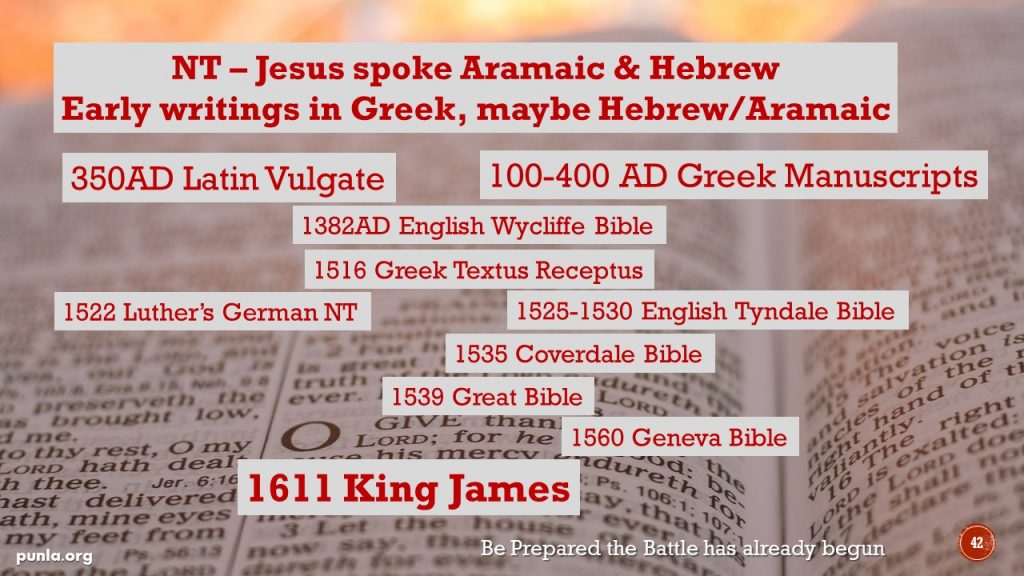
After that, the Great Bible in 1539 which was huge and often chained to the front of churches. Later the Geneva Bible in 1560 by brother-in-law of John Calvin, then culminating in the Kings James bible in 1611.
After the King James Bible was published the Catholic Church seemed to stop resisting making the Bible available to the common folk.
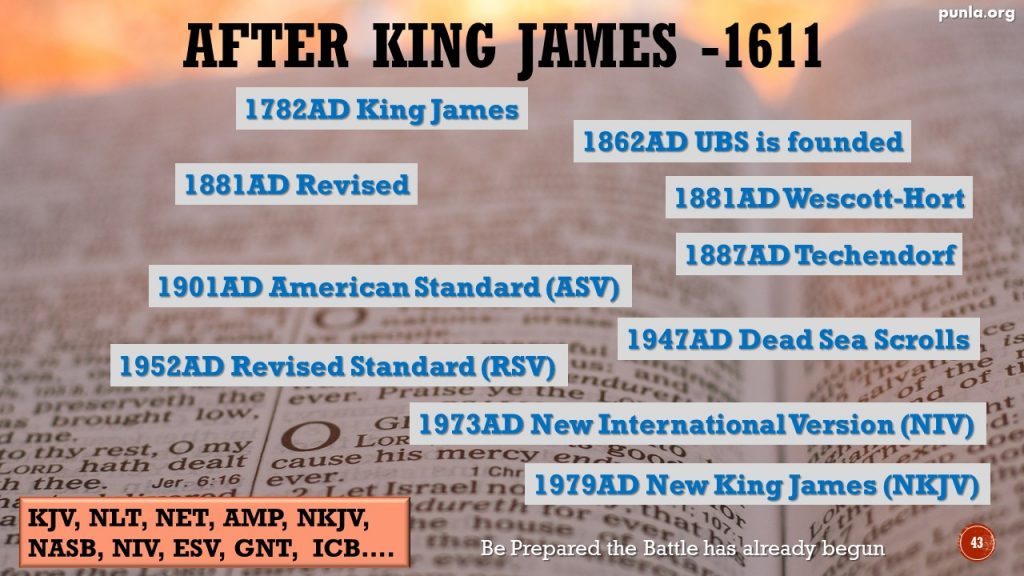
In 1782 the King James Bible was updated. 1862 was the founding of the UBS, the united Bible Society. 1881 gave us the Revised Bible and the discoveries of Wescott-Hort in Alexandria follow by the 1887 discovery by Techendorf of the Codex Sinaiticus.
1973 the New International Version, the NIV. And in 1979 the new King James. This is just a few of the major events. I did not include the discover of the dead sea scrolls or other major Bible translations. I personally use many English translations KJV, NLT, NET, AMP, NKJV, NASB, NIV, ESV, GNT, ICB, and others.
Modern translations are also often updated, as you can see from the copyrights information for these common translations. Even the King James was updated 5 times before 1900.
So what is the best Bible translation. Dr. Daniel Wallace can give the strengths and weaknesses of each translation. But I like what Tim Mackie of the Bible Project says. “The best translation of the Bible is the one you read.”
What about those horrible Chapter and verse breaks in the Bible? That cannot possibly be inspired. Well I don’t think anyone would say this is inspired but… No, I will. I think God has had a part in even the the horrible and inconsistent chapter and verse breaks of our modern Bible. It is the most amazing anti-tamper protection system you could imagine. Again God uses human failings to protect His word from our messiness. Yeah God.
There are some things we must understand about translations and translators. First, Language to language translation can never be word or word. Anyone who says their translation is word for word is simply not telling the complete truth. It is impossible. And if you actually try, your sentences will read horribly in the second language. Languages form sentences and thoughts differently, so a perfect sentence in one language translated word for word to a second language will most likely not be readable. So, English translators don’t so this.
Translators are just humans. They have certain words they prefer to use, but you probably would use different words. These are opinions but this does not affect the accuracy of the translation. Translation is not science, it is more feel and opinion. The various translations and various translators actually helps us to understand better what the original author was trying to say. It gives us more depth and a fuller understanding. We can access Bible lexicons today, available online. We can be amateur translators with little or no knowledge of the original languages. We can see what the translators were thinking and what other words they considered. This is a gift from God which should prevent us from getting our focus wrong. We need to focus on God’s overall message, not the individual words used in our translation. The specific words are less important that the message the author was trying to convey from God.
That pretty much addresses all the objections to the reliability of the Bible. Now understand, critiques will contest this evidence. But you need to not take the bait. Simply ask, why don’t you accept this evidence? Do you have better evidence? We could go into a long sidetrack on other ancient documents with far less evidence which everyone accepts without hesitation. It’s only the Bible that is held to such a high standard. The amazing thing is the Bible meets and exceeds all reasonable standards. Of course, we don’t have the originals, they were written on papyri which has long since disintegrated. Especially under the high use, these documents must have had, based on the amount of copies and references to them. So, it is not reasonable to expect or assume originals. Other ancient documents have the same types of variants if multiple copies are even available. That includes other religious books like the Quran, Homer’s Iliad and Odessey, and any other documents prior to the printing press.
Next time we will look at Inerrancy, the old Testament Problems and Miracles & Prophecy.
Don’t forget if you do have questions you would like discussed email me at questions@punla.org.
Our closing song is Confidence by Sanctus Real (3min video)
Let’s close and pray.
Thank you and God’s Blessing my friends.
This is the end of How to Defend your Faith Session 7 (Next Session 8 Continuation of Can U Trust the Bible)
